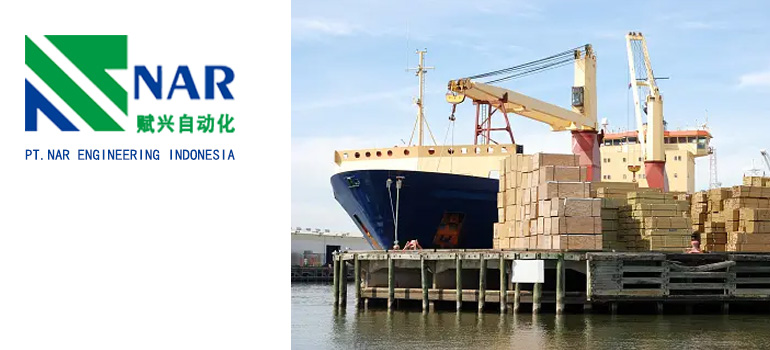Summary:
Mobile shiploading: A Revolutionary Ocean Shipping Solution
The working principle of mobile loading
The application of mobile loading in the maritime industry
Mobile shiploading is a disruptive technology that is changing the global shipping industry. This article will delve into the potential and advantages of this innovative technology, as well as how it affects various aspects of maritime transportation business.
The working principle of mobile loading
Mobile shiploading is a revolutionary technology with a focus on the port and maritime industry. Its working principle is very simple but efficient. This technology utilizes mechanical equipment with autonomous walking ability to transport bulk cargo from the dock to the loading area of the ship, and then carry out efficient loading operations. The following are some main features and advantages of mobile loading:
Flexibility and Mobility: Mobile loading equipment can easily move to different docks and loading sites without the need for complex infrastructure. This allows for more flexible loading operations to meet demand.
Automation operation: These machines are usually equipped with advanced automation systems and can be operated through remote control or computer control. These systems can ensure the accuracy and efficiency of loading and unloading goods.
High efficiency: Mobile loading equipment can complete loading in a short time, improving loading efficiency. This is crucial for reducing loading time and costs.
Diversified loading methods: These machines can be used to load different types of goods, including bulk cargo, containers, liquid cargo, etc. They are usually equipped with different types of loading and unloading equipment and accessories to adapt to different types of goods.
Environmental performance: Some modern mobile ship loaders use advanced technologies, such as exhaust treatment systems and noise control equipment, to reduce their impact on the environment.
Adaptability: Whether it is bulk cargo, powder materials, or liquid cargo, mobile loading equipment can adapt to different types of cargo, making it a multifunctional solution.
Reducing environmental impact: Mobile shipping equipment typically uses modern technology to reduce waste and pollution generation, making it environmentally friendly.
Reducing personnel risk: The application of automation and remote control technology can reduce the risk of workers during loading operations and improve safety.
Space saving: Compared to fixed loading equipment, mobile loading machines typically occupy less space, which is very beneficial for ports and terminals with limited space.
Mobile ship loaders are indispensable equipment in modern port and terminal operations, which improve the efficiency of cargo loading and unloading, reduce operating costs, and help strengthen the competitiveness of ports.
The application of mobile loading in the maritime industry
Mobile shiploading technology has a wide range of applications in the maritime industry, and the following are some of the main areas:
Bulk cargo loading: Mobile loading equipment is widely used for the loading of bulk cargo (such as coal, ore, grain, etc.), which can quickly load goods into ships and improve transportation efficiency.
Liquid cargo loading: For the loading of liquid cargo (such as petroleum, chemicals, etc.), mobile loading equipment also performs well. It can avoid leakage and pollution, ensuring safe loading of goods.
Disaster rescue: Mobile shiploading equipment can be quickly deployed after natural disasters to transport emergency relief supplies and provide assistance to affected areas.
Port construction and upgrading: Ports can enhance their loading capacity, attract more freight business, and increase revenue by introducing mobile loading technology.
Mobile ship-loading technology is changing the face of the maritime industry. Its flexibility, efficiency, and versatility make it an ideal choice for ports and shipping companies. This technology not only improves loading efficiency but also reduces environmental risks and improves security. In the future, we can expect to see the wider application of mobile shipping technology in the global maritime industry, bringing more innovation and convenience to the industry.

